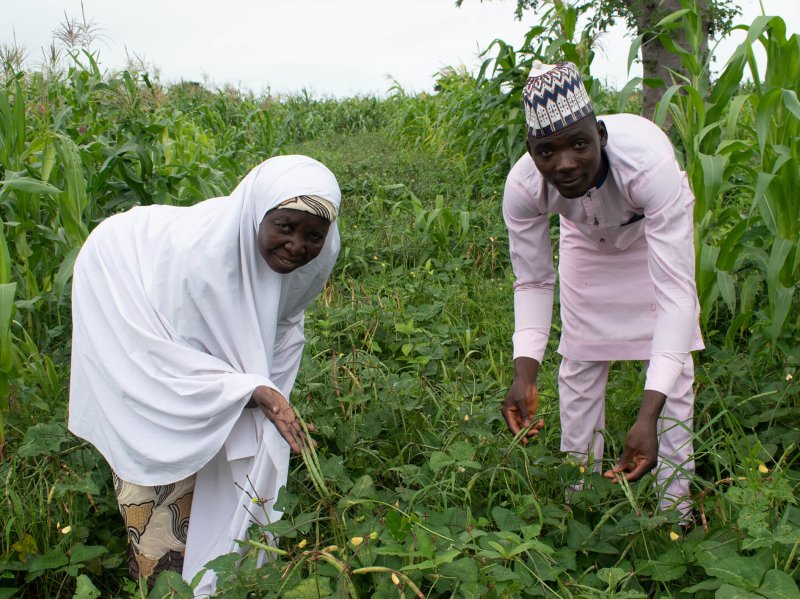Maruca pest is a key challenge that renders cowpea production unattractive. The larvae infest the flower buds, flowers, and the pod causing up to 80% yield loss in heavily infested areas.
Currently, farmers spray their fields between eight to 10 times within the eight week growing cycle of the crop in order to get a good harvest.
After nine years of research on a new cowpea variety engineered to be resistant to Maruca, devoted farmers like Mohammed and his colleagues do not still have access to this variety.
The reality that this variety will help farmers increase yield and reduce pesticide application to two times per season (mainly for other insects that attack cowpea than Maruca), instead of the regular eight, has not done the magic in encouraging a hastened approval process.
Their hopes of having a less tedious and cheaper cowpea production, is yet to see the light of day. To them this is injustice to cowpea farmers in Ghana, knowing that Nigerian cowpea farmers are already benefiting from the genetically modified podborer resistant (PBR) cowpea.
…
I had the opportunity recently to interact with some Ghanaian farmers who grow cowpea and the question they kept asking was, “where are these PBR seeds? We want them.” Let us be fair to these struggling cowpea farmers and make the variety available to them.































